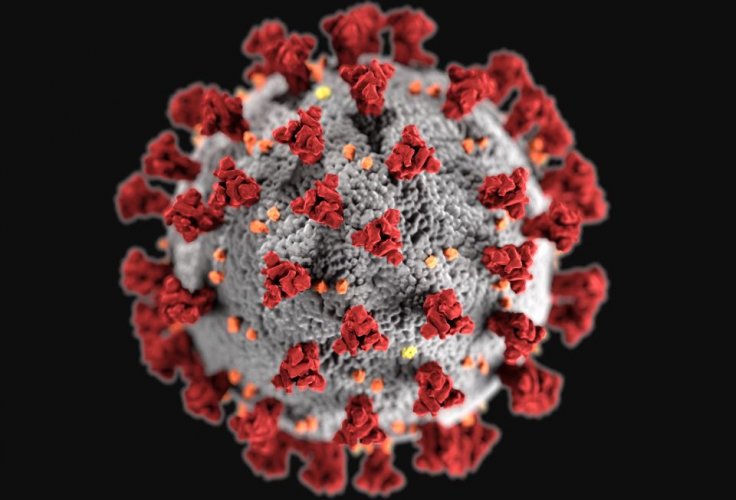Vietnam has revealed that the new strain of novel Coronavirus, which caused a spike in COVID-19 cases in the country, is three times more contagious than the previous one.
Vietnam's health minister, Nguyen Thanh Long on Sunday, August 2 said that those infected with the new strain of the virus can spread it between five and six persons on an average, whereas the original strain of COVID-19 that had hit the Southeast Asian country at the end of January, spread the virus on a average between 1.8 and 2.2 persons.
Coronavirus New Strain
Vietnamese scientists claimed that while the strain is new in the country, it has been detected before in Bangladesh, Ireland, and Britain. On July 25, a COVID-19 case was reported, thus, ending a 99-day long streak without any new virus case. Since then, 204 new SARS-CoV-2 cases have been reported taking the total count of Vietnam's infection cases to 642. As per the reports, most of the new cases were reported in the region surrounding the coastal city of Da Nang.

While domestic tourists had gathered in Da Nang, which is known for its sandy beaches and history as a French colonial port, 80,000 people were evacuated by plane last week after cases started rising in the area. Health authorities then claimed that the infection may have been caused by a different strain of the virus that had not been seen in the country before July 25.
Currently, as per experts, there are several strains of the novel Coronavirus, including the D614 strain which was found in China's Wuhan city. Due to genetic errors, over time viruses mutate but as per some scientists, the mutations do not necessarily make it more dangerous or deadly every time. Some recent research has shown that the mutated strain of this Coronavirus could spread more effectively than its original strain.
Coronavirus in Vietnam
As reported by the Associated Press, Marc Choisy, a bio-mathematician from the Oxford University Clinical Research Unit in Vietnam's capital, Hanoi, said the new strain in the country appeared to be more severe. "One big difference I've noticed between this wave and the previous one is that the cases we have right now, a lot of them are severe," he said.

However, the health minister said it would require more time to confirm officially whether the new strain is more contagious or dangerous than its predecessors.









